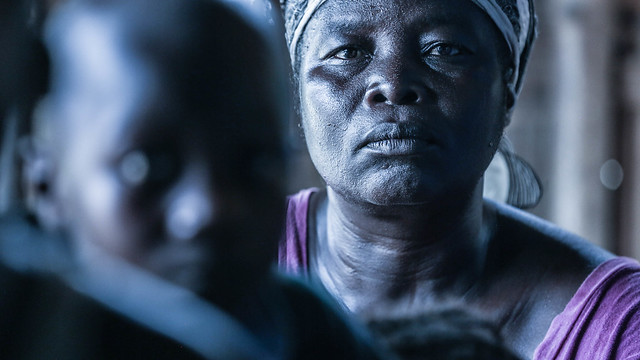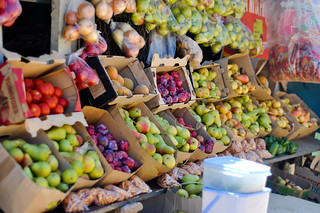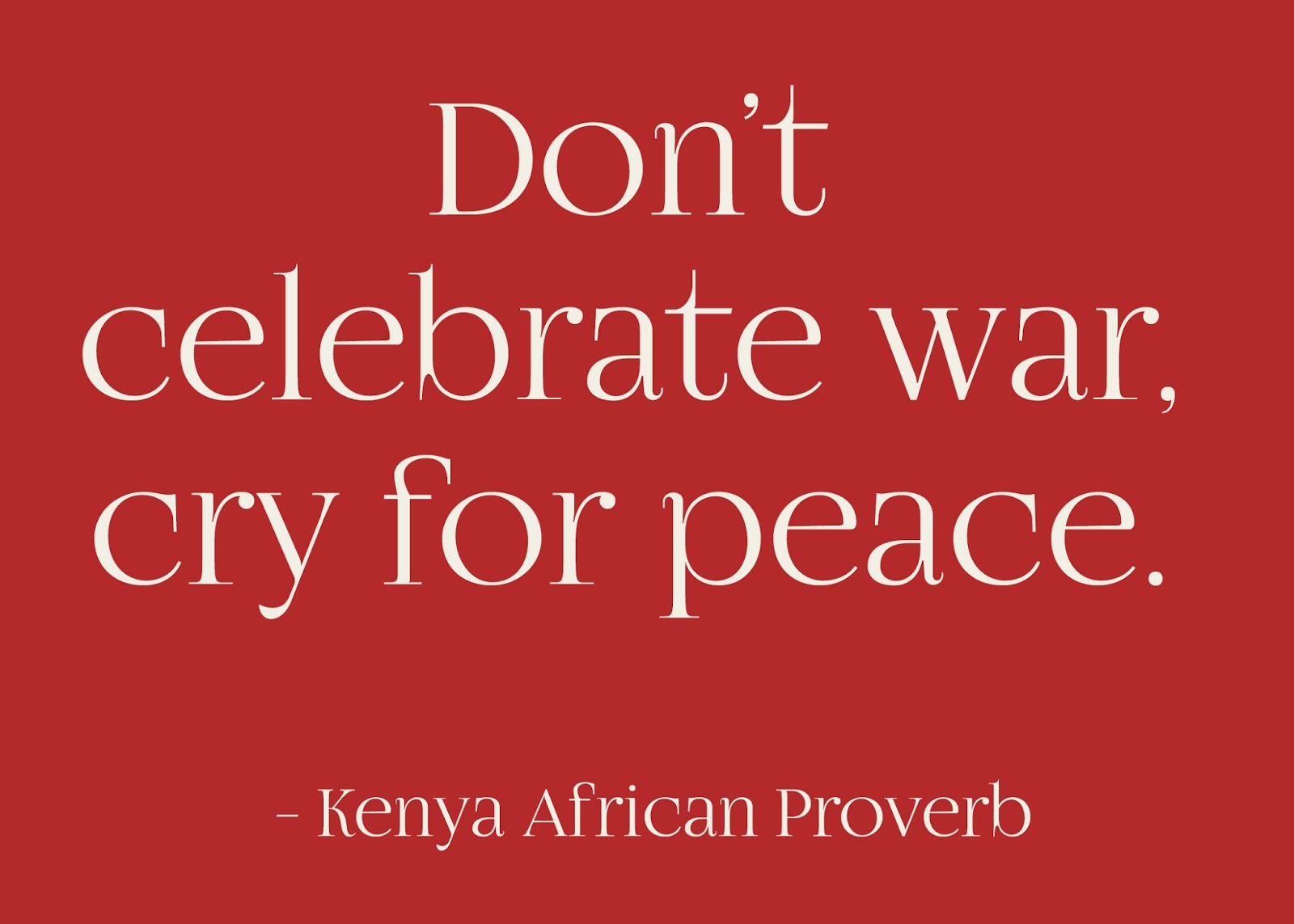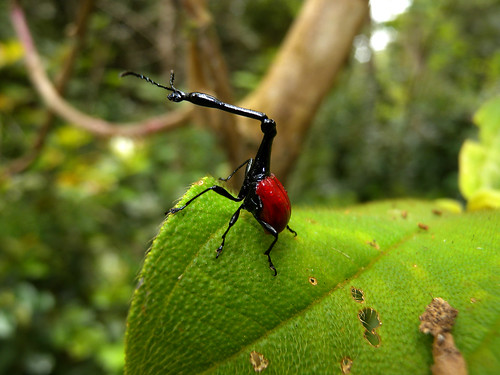Madagascar Unique Forests are in Danger
Madagascar plant life is rich, Madagascar's forests are home to unique plants and animals found nowhere else in the world. However, 3 acres of Madagascar's forests are lost on Africa’s largest island a year.
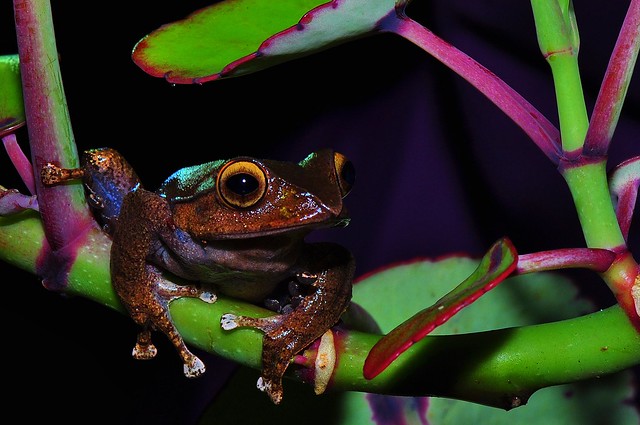
Madagascar Unique Forests are in Danger In Africa
Explore and Understand Africa Through Her Food and Culture
Madagascar is important to the environment of the world.
Isolated for 60 million years, Madagascar’s ecosystem is a treasure trove of unique and often unusual animals and plants.About Madagascar Rice Farming and the Environment
Madagascar, rice markets are particularly important since rice is the most important staple and rice production is a major source of income and employment.
Rice forms the staple of most meals in Madagascar however, Madagascar rice economy is very fragile due to too much rain or not enough rain. The rice production technologies used in Madagascar are still largely traditional, rice production is still largely highly labor-intensive. Rice cultivation is found almost everywhere in Madagascar.
Lowland rice production structures are well developed and rice terraces are regularly found along the roads between the capital and largest city in Madagascar Antananarivo and the third largest city in Madagascar Antsirabe. Madagascar’s economy is very fragile; the country imports significant amounts of rice from international markets for everyday consumption, around 51 percent.
Madagascar rice growers know that rice production is all about water and timing. The rice grain needs a lot of water at first, but if torrential rains fall at harvest time, they can destroy the crop. Rice is a hugely important part of life on the island nation off the southeastern coast of Africa. At times, it shows up for breakfast, lunch, and dinner. In much of the country, it dominates the landscape, planted in small plots across millions of acres of land.
Madagascar is the fourth largest island in the world after Greenland, New Guinea and Borneo and the home for around 5 percent of the world’s plants and animals. Madagascar has hundreds of types of animals and plants which exist nowhere else such as ring-tailed lemurs.
Poverty has put pressure on the island's dwindling forests, home to much of Madagascar's unique wildlife. Losing around 3 acres of forest in Madagascar has a greater impact on global biodiversity than losing 3 acres of forest anywhere else on Earth.
Madagascar is important to the environment of the world. Nearly 80 percent of Madagascar’s population depends on making their living and eating day to day through agriculture. Using slash and burn cultivation techniques, farmers often destroyed what made their home so ecologically important.
Facts About Animals of Africa


